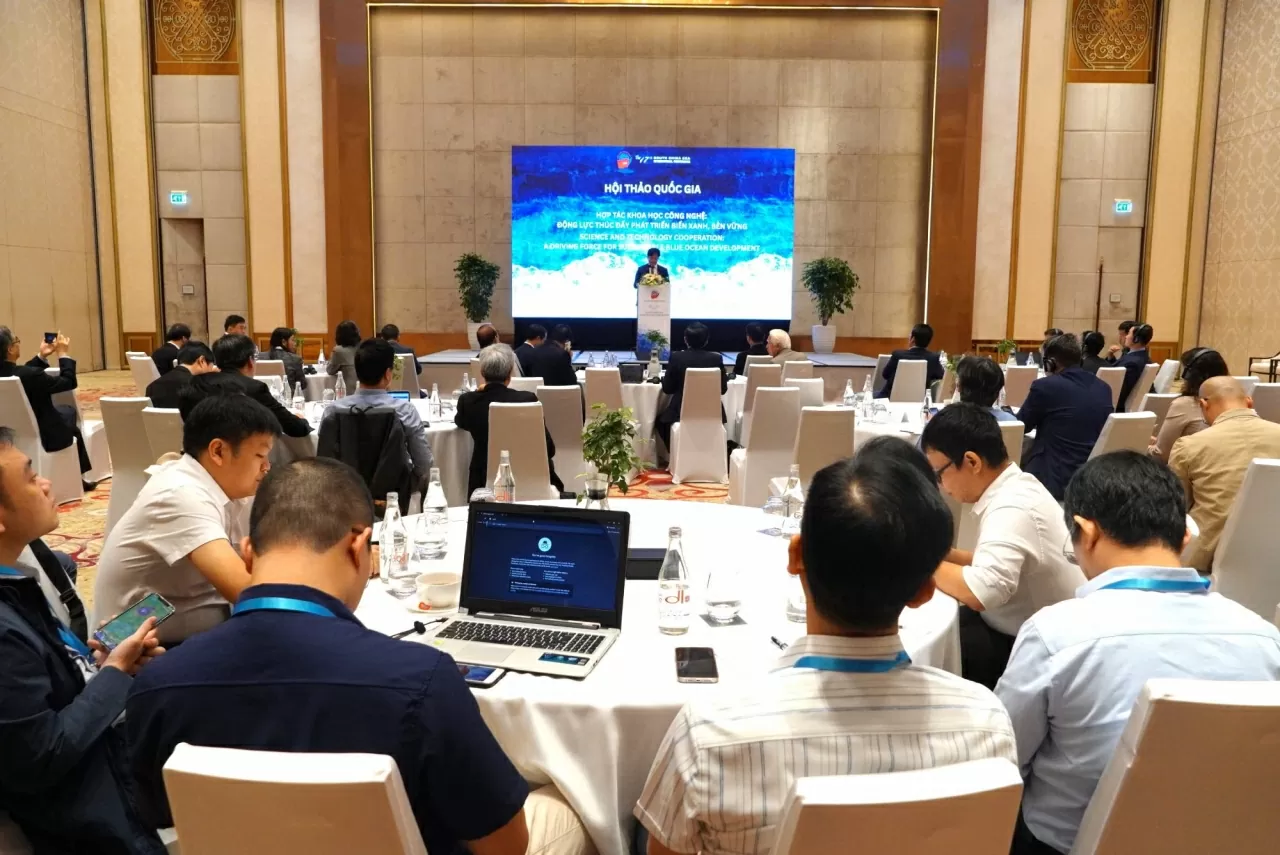 |
| Director of the Diplomatic Academy Nguyen Hung Son delivered the opening speech at the National East Sea Conference with the theme “Science and Technology Cooperation: Driving Force for Green and Sustainable Development”, on November 5. (Photo: Phuong Thuan) |
Attending the workshop were Vice Chairman of the People's Committee of Da Nang City Tran Nam Hung; Director of the Vietnam Administration of Seas and Islands Nguyen Duc Toan ( Ministry of Agriculture and Environment ); Director of the Diplomatic Academy Nguyen Hung Son and representatives of the diplomatic corps, experts, scholars, representatives of domestic and international organizations, businesses and associations.
In his opening speech, Director of the Diplomatic Academy Nguyen Hung Son emphasized that the goal of the Workshop is to connect knowledge and share experiences in marine development among countries, thereby promoting international cooperation in science and technology, contributing to the implementation of the Central Resolutions on international integration, science and technology development, innovation, digital transformation and sustainable blue marine economic development in coastal localities.
Mr. Nguyen Hung Son said that Vietnam has a coastline of about 3,260 km and more than 3,000 large and small islands and archipelagos, which are important natural advantages for developing the marine economy. However, Vietnam is also facing many challenges such as environmental pollution, climate change and rising sea levels. Therefore, promoting the application and international cooperation in the field of science and technology to protect the environment and develop a sustainable blue marine economy is an urgent requirement in Vietnam's marine economic development strategy.
Science, technology and innovation are identified as playing a key role in helping Vietnam achieve its development goals by 2030 and 2045 in the spirit of the 13th National Party Congress. On that basis, Vietnam has issued many breakthrough resolutions, such as Resolution No. 57-NQ/TW on science, technology, innovation and digital transformation development; Resolution No. 59-NQ/TW on international integration. In the field of marine economy, Resolution No. 36-NQ/TW aims to make Vietnam a strong maritime nation, develop sustainably, protect the environment and improve the lives of coastal people.
In recent years, Vietnam has focused on investing in exploiting the potential and strengths of key marine-related industries, such as offshore oil and gas exploration and exploitation, coastal aquaculture, maritime transport and logistics, port and warehouse services, marine tourism services and renewable energy development. In addition, after 5 years of implementing Resolution No. 36-NQ/TW, the GRDP contribution rate of 28 coastal provinces and cities reached 49.8% of the country (2022 data).
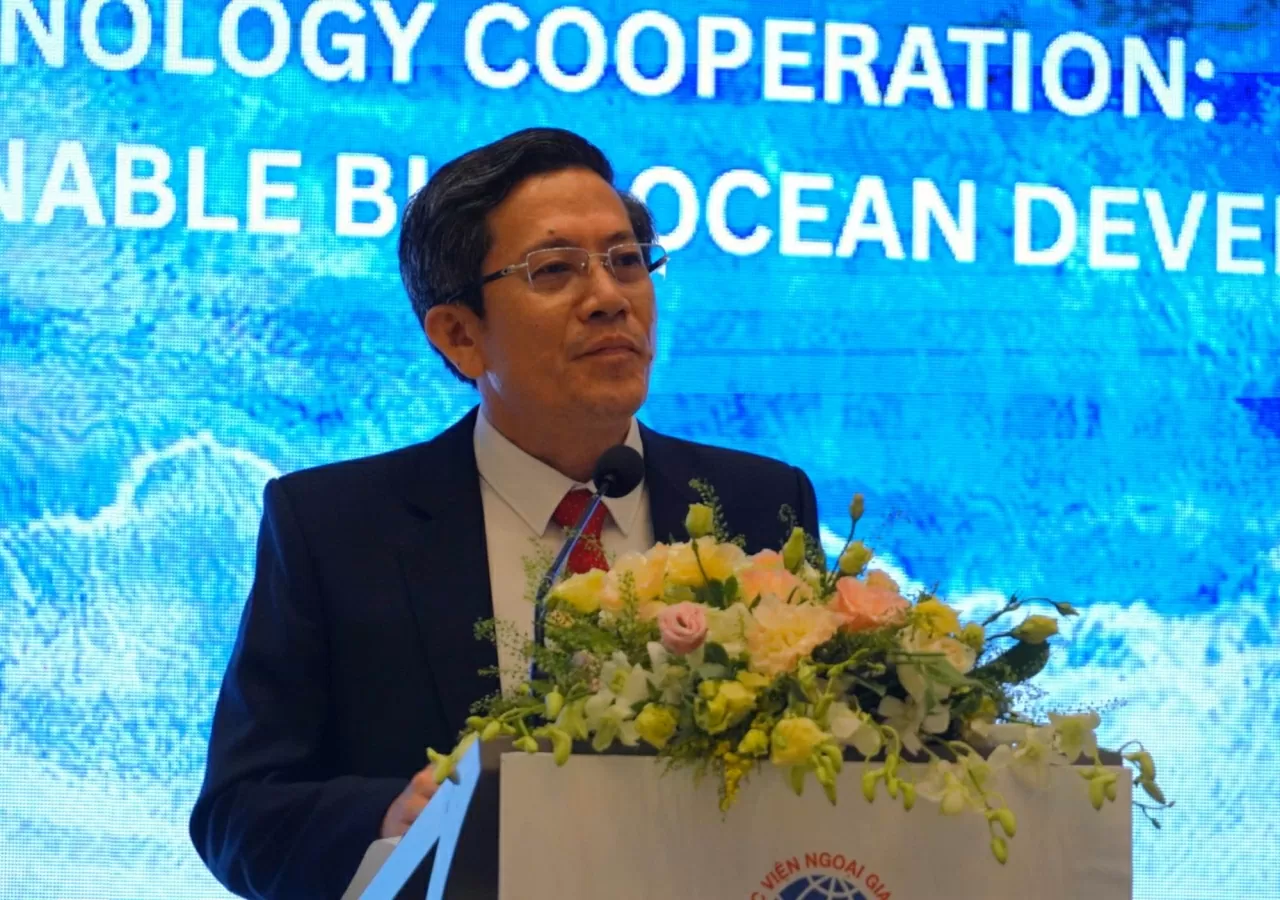 |
| Mr. Tran Nam Hung, Vice Chairman of Da Nang City People's Committee, spoke at the Workshop. (Photo: Phuong Thuan) |
Mr. Tran Nam Hung, Vice Chairman of the People's Committee of Da Nang City, said that after the merger, with its new scale, location and potential, Da Nang has truly become a dynamic marine region of the Central region, a strategic connection point on the East Sea - Central Highlands - ASEAN axis; and at the same time a center for receiving and spreading knowledge, technology and innovation about the sea.
According to Resolution No. 43-NQ/TW of the Politburo, by 2030, Da Nang will become a major socio-economic center of the country and Southeast Asia; a center for startups, innovation, tourism, trade, finance, logistics, high-tech industry and supporting industry. The city aims to build the image of an international seaport city, a growth pole of the key economic region of the Central Highlands, developing in an ecological, smart and livable direction.
To realize that goal, Da Nang focuses on sustainable development of marine economic sectors, controlling resource exploitation within the recovery limits of the ecosystem. The city prioritizes investment in infrastructure and international-class marine tourism brands; building a marine economic center associated with the logistics supply chain; modernizing the transport fleet, participating deeply in the international transport chain. In addition, Da Nang promotes the application of science and technology in seafood exploitation and processing, developing renewable energy such as wind power, solar power; and encouraging industries based on marine biodiversity such as medicinal herbs and seaweed, algae, and seagrass.
At the same time, the city focuses on environmental protection, coral reef and seagrass bed restoration, and proactively responding to climate change, rising sea levels, and natural disasters. Da Nang also strengthens international cooperation, attracts high-tech investment, promotes digital transformation, and builds a database on the sea and islands.
“We call on the scientific community, global technology corporations and strategic enterprises to join hands, share knowledge, resources and solutions to develop international marine industries, and build Da Nang into a smart coastal city, a center of sustainable green growth in Vietnam and the region,” Mr. Tran Nam Hung emphasized.
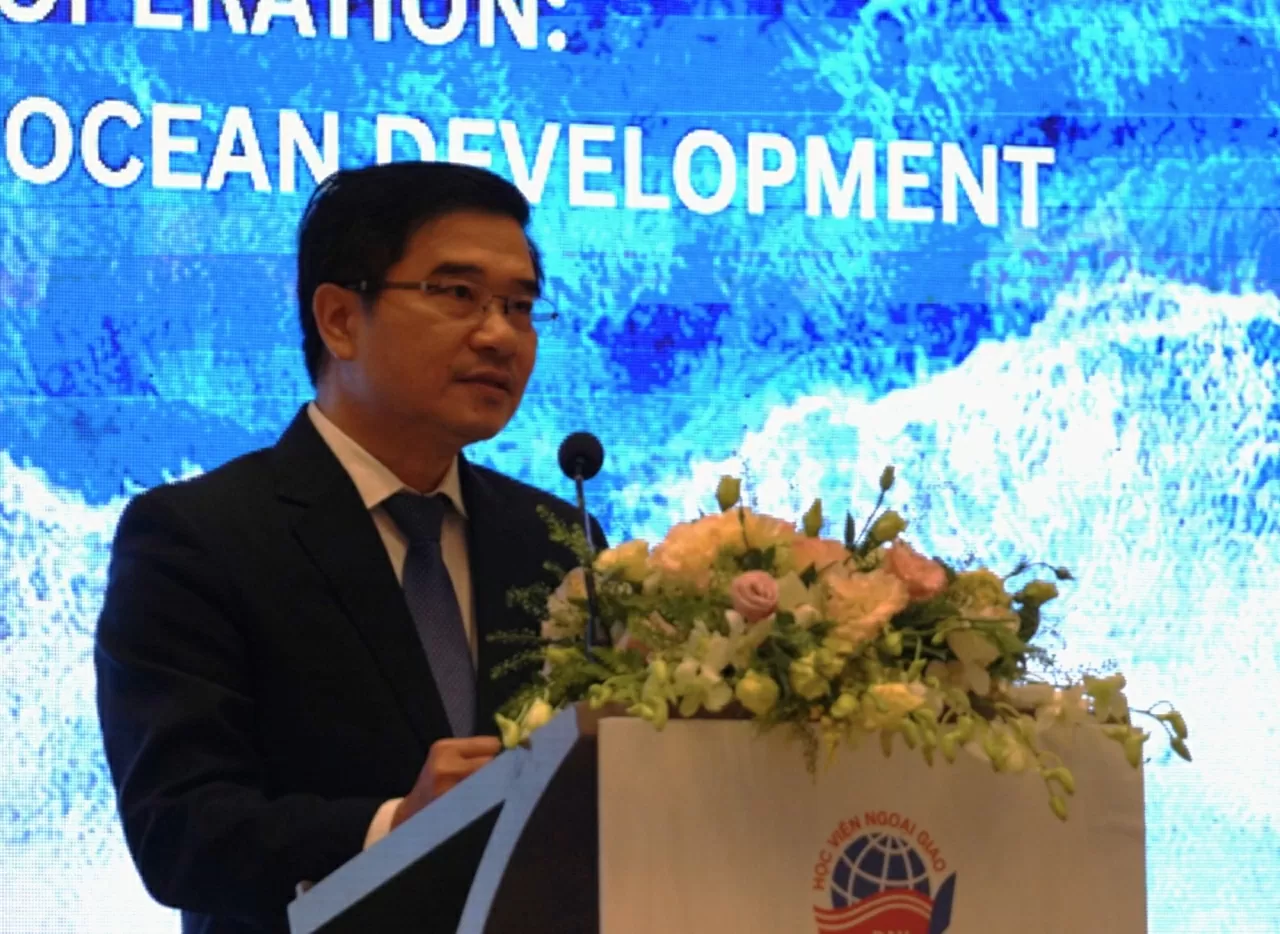 |
| Mr. Nguyen Duc Toan, Director of the Vietnam Sea and Islands Administration, Ministry of Natural Resources and Environment, said that the marine economy is currently one of the new growth drivers, contributing to economic diversification and international integration. (Photo: Phuong Thuan) |
Mr. Nguyen Duc Toan, Director of the Vietnam Sea and Islands Administration, Ministry of Natural Resources and Environment, emphasized that the 21st century is considered the “century of the ocean”, when coastal countries attach importance to building and implementing sustainable marine development strategies, in which marine economic development becomes the focus. With more than 3,260 km of coastline, more than 3,000 large and small islands, and the two archipelagos of Hoang Sa and Truong Sa, Vietnam possesses great marine potential, playing a strategic role in national development and security.
According to Mr. Toan, the socio-economic development orientation of the Party and the State has identified the marine economy as one of the new growth drivers, contributing to diversifying the economy, promoting digital transformation, applying green technology and international integration. Resolution No. 36-NQ/TW on the Strategy for Sustainable Development of the Marine Economy to 2030, with a vision to 2045, sets a target that purely marine economic sectors will contribute about 10% of GDP. Sectors such as fisheries, oil and gas, maritime and marine tourism not only bring in large revenues but also create millions of jobs, ensure social security and affirm Vietnam's position as a maritime nation.
However, the ocean is under increasing pressure from climate change, pollution, biodiversity loss and geopolitical tensions. In this context, Vietnam has identified integrated management of marine and island resources and environment as an important tool to help coordinate across sectors and regions, balancing exploitation and conservation. This approach, institutionalized through the 2015 Law on Marine and Island Resources and Environment, focuses on ecosystems, aiming at sustainable development and efficient use of resources.
The Vietnam Administration of Seas and Islands wishes to strengthen international cooperation, attract businesses and local communities to participate in the management process, and integrate policy, technology and communication in a unified governance framework. In addition, it is necessary to promote circular economic models, innovation and research on ocean financial mechanisms to mobilize resources for environmental protection and coastal livelihoods. According to Mr. Toan, this reflects the spirit of Resolution 36-NQ/TW: "Sustainable development of Vietnam's marine economy is the responsibility of the entire political system, the right and obligation of all organizations, businesses and people of Vietnam".
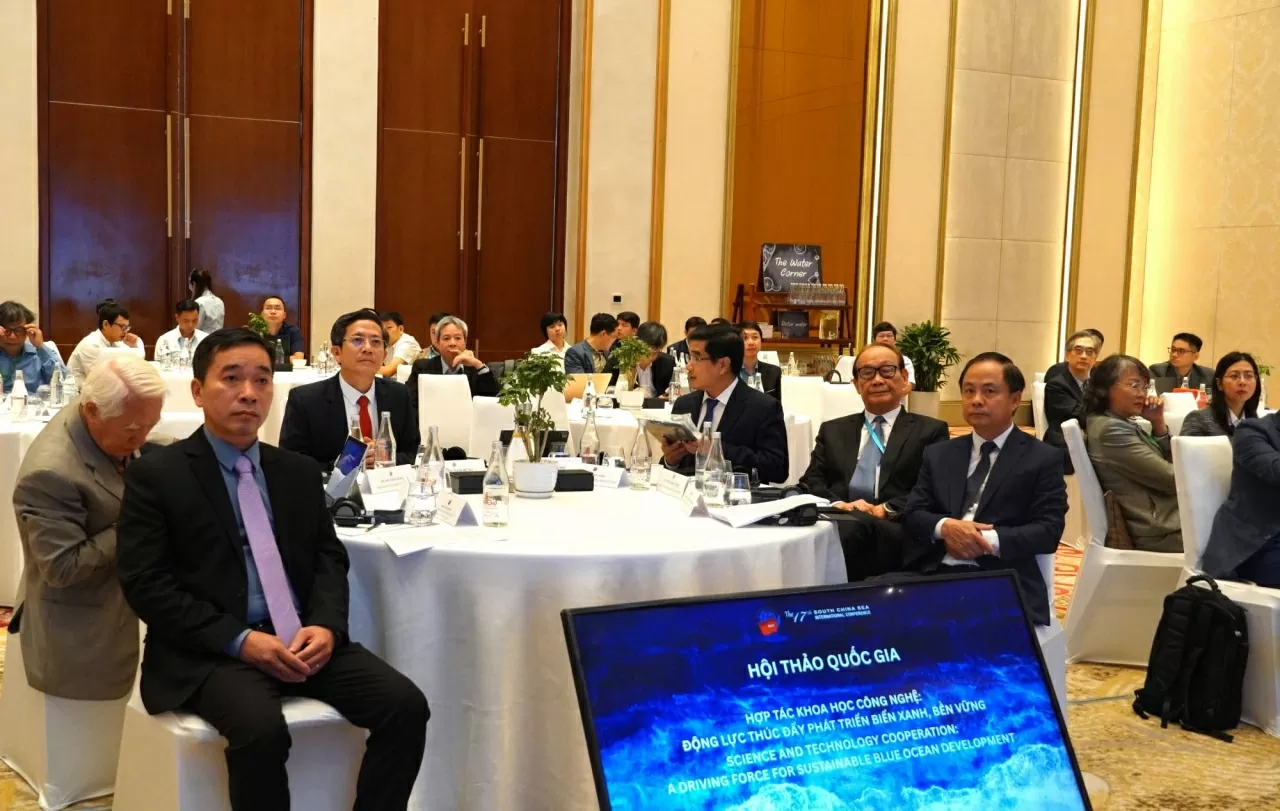 |
| Delegates attending the Workshop. (Photo: Phuong Thuan) |
Within the framework of the Workshop, speakers focused on exchanging and discussing many important contents related to the development of science - technology and marine industry in Vietnam.
At the first discussion session, delegates clarified the core contents of Vietnam's maritime strategy and assessed the prospects for its implementation in practice, especially in the fields of marine science and technology applications. In addition, the workshop emphasized the role of the Foreign Affairs sector in promoting international cooperation in marine science and technology, linked to sustainable development goals.
In addition, the introduction of the potential and strengths of Vietnamese localities, enterprises, associations and professional organizations in participating in international cooperation on science and technology, serving the goal of conserving and developing marine biodiversity was focused. Delegates analyzed international experience in developing marine industries, thereby determining Vietnam's cooperation potential as well as opportunities for participation of foreign diplomatic agencies, research institutes, experts and scholars in the coming time.
In the second discussion session, delegates focused on sharing international experiences in developing marine science and technology and implementing sustainable marine industries. Discussion contents included: application of science and technology in protecting biodiversity in sea areas beyond national jurisdiction; coastal ecosystem management and sustainable marine tourism development; sustainable aquaculture, exploitation and processing of seafood; research on carbon dumping technology on the seabed, public-private partnership models in restoring marine ecosystems along with the application of technology in protecting and exploiting essential marine infrastructure.
The workshop summarized many international lessons learned in successfully developing marine industries, thereby drawing important suggestions for Vietnam in the process of building and implementing sustainable marine development policies in the future.
Source: https://baoquocte.vn/chia-khoa-mo-tuong-lai-kinh-te-bien-viet-nam-333390.html




![[Photo] Cutting hills to make way for people to travel on route 14E that suffered landslides](https://vphoto.vietnam.vn/thumb/1200x675/vietnam/resource/IMAGE/2025/11/08/1762599969318_ndo_br_thiet-ke-chua-co-ten-2025-11-08t154639923-png.webp)


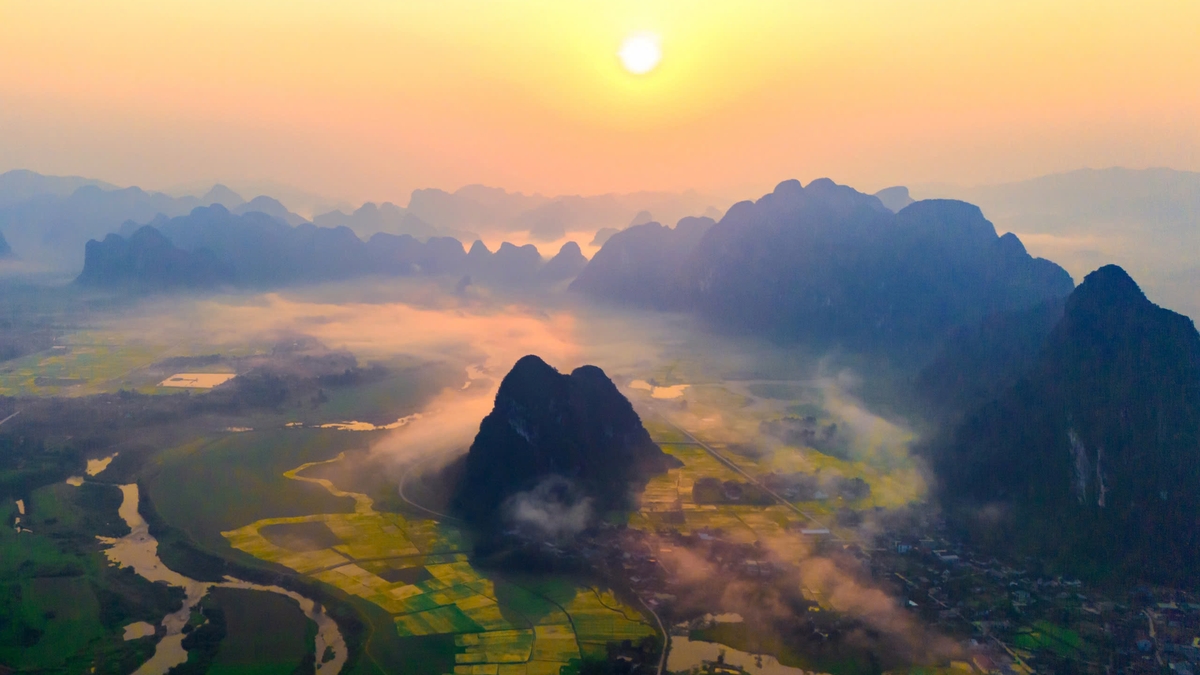




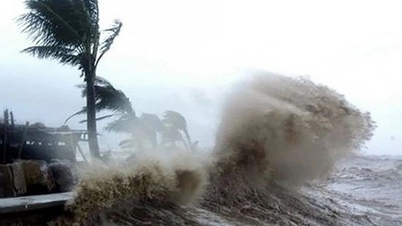

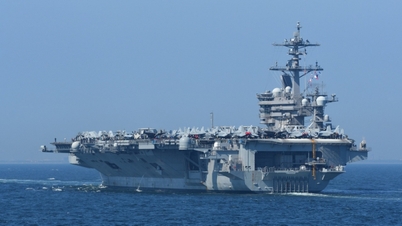



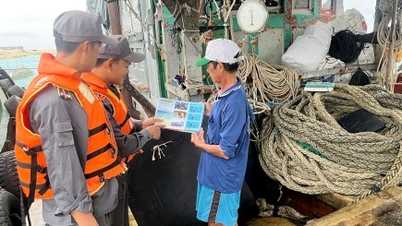

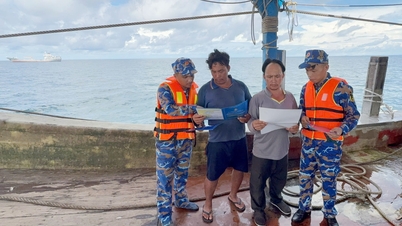
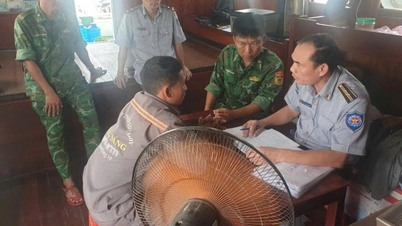
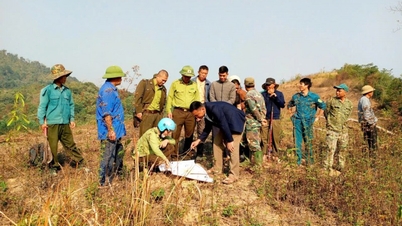
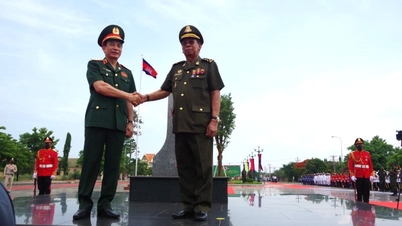




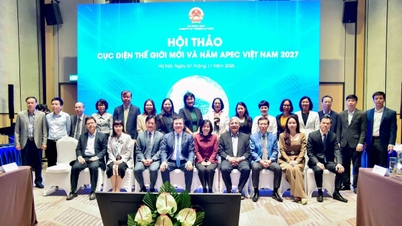
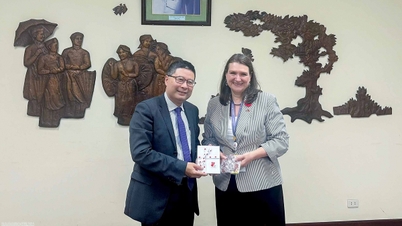
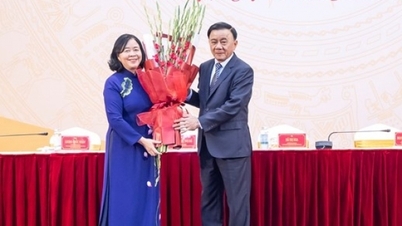
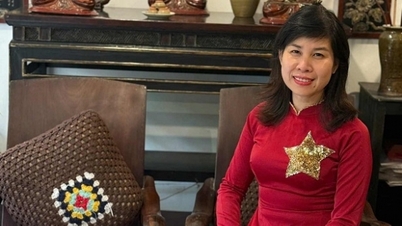

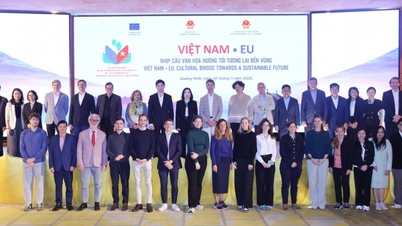










![[Video] Hue Monuments reopen to welcome visitors](https://vphoto.vietnam.vn/thumb/402x226/vietnam/resource/IMAGE/2025/11/05/1762301089171_dung01-05-43-09still013-jpg.webp)

































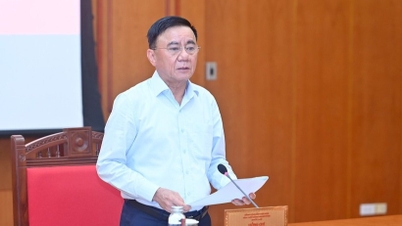




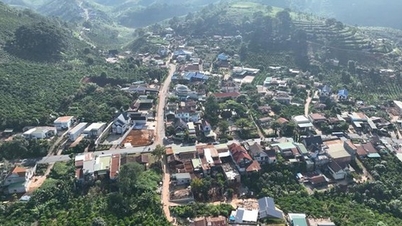
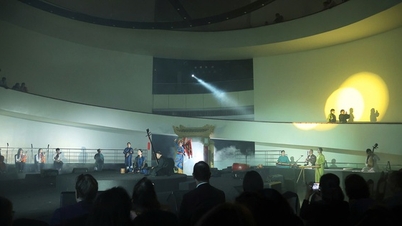
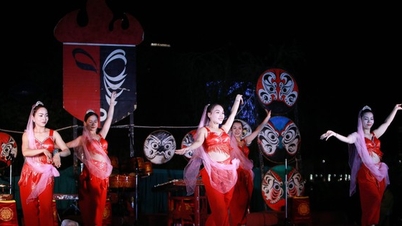
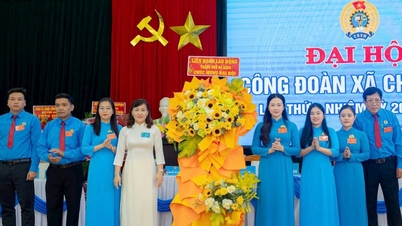

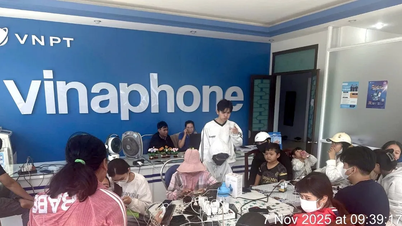


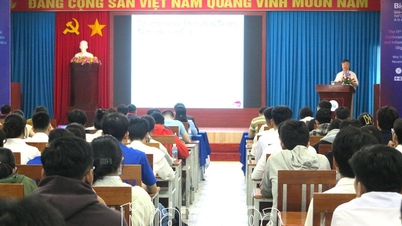



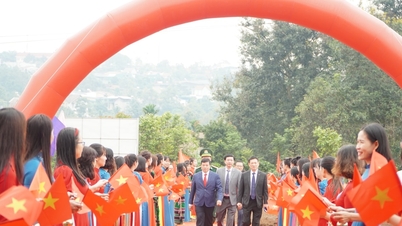

![Dong Nai OCOP transition: [Part 2] Opening new distribution channel](https://vphoto.vietnam.vn/thumb/402x226/vietnam/resource/IMAGE/2025/11/09/1762655780766_4613-anh-1_20240803100041-nongnghiep-154608.jpeg)













Comment (0)